13 Digital Marketing Trends to Master in 2025

In the ever-evolving world of digital marketing, staying ahead of the curve isn’t just beneficial; it’s essential. As we look towards 2025, several Digital Marketing trends are poised to shape the industry. Understanding these can help marketers like you develop strategies that not only engage customers but also drive meaningful results.
1. AI-Driven Hyper-Personalization
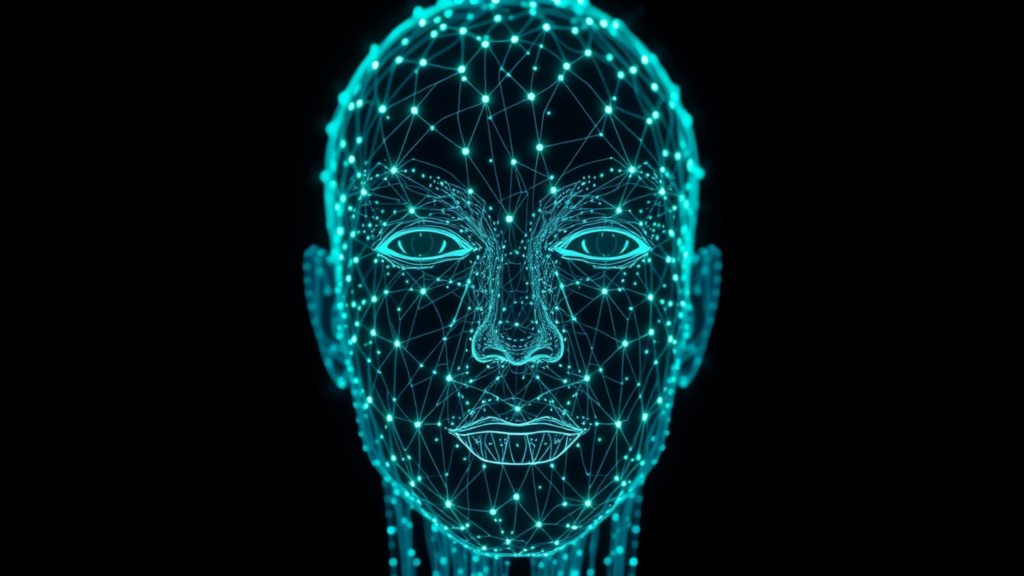
Why It Matters: Imagine a world where your marketing messages and offers are so tailored that each consumer feels you’re speaking directly to them. That’s the promise of AI-driven hyper-personalization. Through advanced algorithms, brands can analyze consumer behavior to deliver content that resonates on an individual level.
How to Implement:
- Recommendation Engines: Integrate AI to analyze user data and predict purchasing behavior, tailoring product recommendations accordingly.
- Predictive Analytics: Use AI to anticipate future consumer behaviors based on historical data.
- Personalized Chatbots: Develop chatbots that adapt their responses based on the user’s past interactions and preferences.
One notable example is Amazon, which utilizes AI algorithms to analyze customer data such as browsing and purchase history. This enables Amazon to offer highly personalized product suggestions, increasing the likelihood of purchases and improving customer satisfaction.
Similarly, Netflix uses AI to provide personalized content recommendations, keeping users engaged by suggesting movies and TV shows that align with their viewing habits and preferences.
2. Generative AI in Content Creation
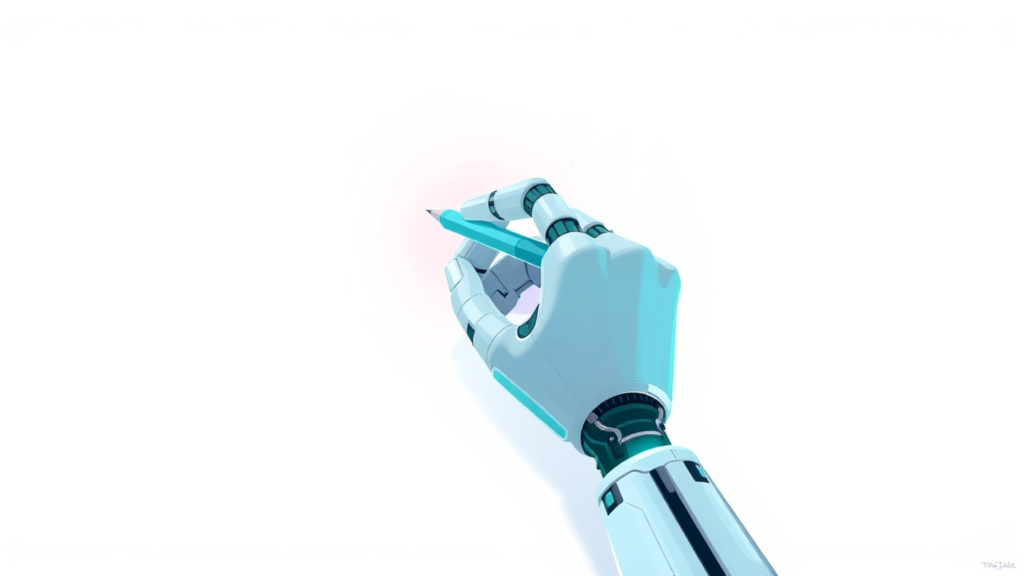
Transforming Content Strategies: Generative AI is revolutionizing how content is created, providing tools that can generate text, images, and even video. This technology enables marketers to produce customized content quickly and at scale.
Tools and Techniques:
- AI Content Generators: Utilize AI tools to create draft content, which can then be refined by human editors.
- Customized Video Content: Deploy AI to create personalized video messages for different audience segments.
- AI Copywriting Tools: Use AI-driven tools to assist in creating engaging marketing copy.
For example, Content Whale utilizes AI to create innovative marketing videos that boost creativity and productivity by generating personalized and original content. This approach helps in maintaining an agile branding strategy that aligns with market trends and consumer preferences.
3. The Dominance of Video Content

Impact on Engagement and Conversion: Video content continues to dominate digital marketing with its ability to capture attention and engage viewers. Videos are not just entertaining; they’re also one of the most effective mediums for presenting products and educating customers.
Strategies for Effective Video Marketing:
- Short-Form Videos: Create concise, engaging videos for platforms like TikTok and Instagram Reels.
- Live Streaming: Utilize live video streams for product launches and Q&A sessions to engage with your audience in real time.
- User-Generated Content: Encourage customers to create and share their own videos using your products.
Tutorial: Learn how to craft engaging short-form videos that capture attention within the first few seconds.
4. Voice Search Optimization

SEO for Voice-Activated Devices: As voice-activated devices become more prevalent, optimizing for voice search is crucial. This involves focusing on natural language processing and answering the questions that users are likely to ask aloud.
Optimizing for Natural Language Queries:
- Keyword Phrases: Focus on conversational long-tail keywords that users might speak rather than type.
- FAQ Pages: Create FAQ pages that directly answer common questions in a natural, conversational tone.
Step-by-Step Guide: A comprehensive guide to optimizing your website content for voice search, from keyword research to content formatting.
5. Augmented Reality Experiences

Benefits to Customer Engagement: Augmented reality (AR) offers marketers an innovative way to enhance the consumer experience. By overlaying digital information in the real world, AR can provide interactive and immersive experiences that are both informative and entertaining.
Developing AR Campaigns:
- Virtual Try-Ons: Implement AR technology to allow customers to visualize how products would look on them or in their homes.
- Interactive Marketing Materials: Create AR-enhanced brochures or posters that come to life when viewed through a smartphone camera.
For example, L’Oréal’s Virtual Makeup Try-On uses advanced AR technology, allowing users to test various makeup products using their smartphone cameras, enhancing shopping experiences and increasing engagement.
6. Ethics in Data Usage and Privacy

Building Trust Through Transparency: In a world increasingly concerned with privacy, transparent data practices are critical. Marketers need to be forthright about how they collect, use, and store consumer data to build trust and comply with regulations.
Regulations Marketers Need to Know:
- GDPR: Understand the General Data Protection Regulation, which governs data protection and privacy in the EU.
- CCPA: Familiarize yourself with the California Consumer Privacy Act and how it affects marketing strategies.
Infographic: An overview of global data privacy laws and what they mean for marketers.
7. Sustainable Marketing Practices

Consumer Demand for Green Brands: As consumers become more environmentally conscious, they increasingly prefer brands that demonstrate sustainability. This shift is pushing companies to integrate eco-friendly practices into their marketing strategies.
Incorporating Sustainability into Your Brand:
- Highlight Green Initiatives: Showcase your company’s efforts in sustainability through your marketing campaigns.
- Eco-friendly Packaging: Transition to packaging solutions that are recyclable or biodegradable.
- Educational Content: Create content that informs consumers about the importance of sustainability and how your products help.
Spotlight: Netpak successfully increased its market share by introducing sustainable packaging solutions that resonated with consumers’ growing preference for eco-friendly products. They reported a 30% sales increase after implementing packaging made from 100% recycled materials, utilizing biodegradable inks, and redesigning their packaging to highlight their environmental commitment.
8. Evolving Trends in Influencer Marketing

Shift Toward Authenticity and Micro-Influencers: Authenticity is key in influencer marketing. Brands are moving away from celebrity endorsements to collaborate with micro-influencers who resonate more genuinely with their audiences.
Finding the Right Influencer for Your Brand:
- Niche Targeting: Partner with influencers who have a strong, engaged following in your specific niche.
- Long-term Relationships: Build long-term partnerships with influencers to maintain consistency and authenticity.
- Transparent Collaborations: Ensure that all influencer promotions are transparent about sponsorships, maintaining trust with the audience.
Panel Discussion: In a recent panel discussion on influencer marketing, experts emphasized the importance of brands and influencers sharing similar values for successful partnerships. Effective collaborations involve clear communication, shared goals, and a focus on engaging authentically with audiences. They also highlighted the significance of long-term commitments and transparency to build trust and sustain successful partnerships.
9. Multi-Channel Social Media Strategies
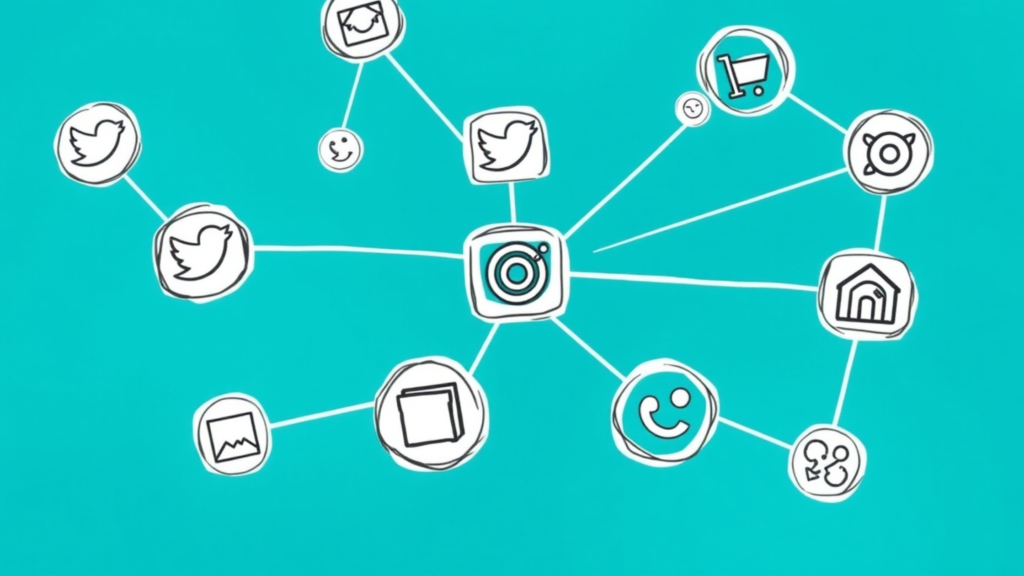
Maximizing Reach Across Platforms: Employing a multi-channel approach allows brands to reach a wider audience by tailoring content specifically to the strengths and user preferences of each platform.
Customizing Content by Platform:
- Content Adaptation: Modify content to fit the format and culture of each social media platform.
- Cross-Promotion Strategies: Coordinate campaigns across multiple platforms to reinforce messages and increase reach.
- Analytics and Adaptation: Use analytics to understand which types of content perform best on which platforms and adapt strategies accordingly.
Checklist: Essential steps for launching a successful multi-channel social media campaign.
10. Social Commerce and Shoppable Content

The Rise of Direct Buying Options: Social media platforms are integrating more e-commerce features, making it easier for users to make purchases directly from posts and ads.
How to Set Up Shoppable Posts:
- Integrate E-commerce: Link your social media accounts with your e-commerce platform to enable seamless purchases.
- Product Tagging: Use product tags in images and videos to allow instant access to product pages.
- Live Shopping Features: Utilize live shopping events to engage customers and encourage immediate purchases.
Video Tutorial: A step-by-step guide on setting up and optimizing shoppable content on Instagram and Facebook.
11. AI Ethics and Trust

Mitigating Consumer AI Anxiety: As AI becomes more integrated into everyday interactions, ensuring ethical usage and building trust is paramount.
Guidelines for Ethical AI Use:
- Transparency: Clearly communicate the role of AI in your services and what data it accesses.
- Consumer Control: Allow consumers to opt out or control how their data is used by AI systems.
- Ethical Standards: Develop and adhere to ethical guidelines in the deployment of AI technologies.
Debate: The AI innovation versus consumer privacy debate centers on creating regulations that protect personal data while fostering technological advancements. Transparency and accountability in AI data usage are crucial for maintaining user trust. Companies must adopt privacy-preserving technologies and comply with evolving regulations to ensure innovation does not compromise privacy.
12. Experiential and Immersive Marketing

Creating Memorable Brand Experiences: Experiential marketing engages customers by creating memorable, immersive experiences that foster a stronger emotional connection to the brand.
Developing Virtual Reality Marketing:
- Virtual Events: Host virtual reality events that customers can join from anywhere in the world.
- Immersive Product Demos: Create virtual demos that let customers experience products in a highly interactive environment.
- Gamified Engagements: Incorporate elements of gameplay into marketing efforts to increase engagement and fun.
Find workshops on designing and executing a virtual event that captures the essence of your brand and engages participants in a meaningful way.
13. Generative Engine Optimization (GEO)
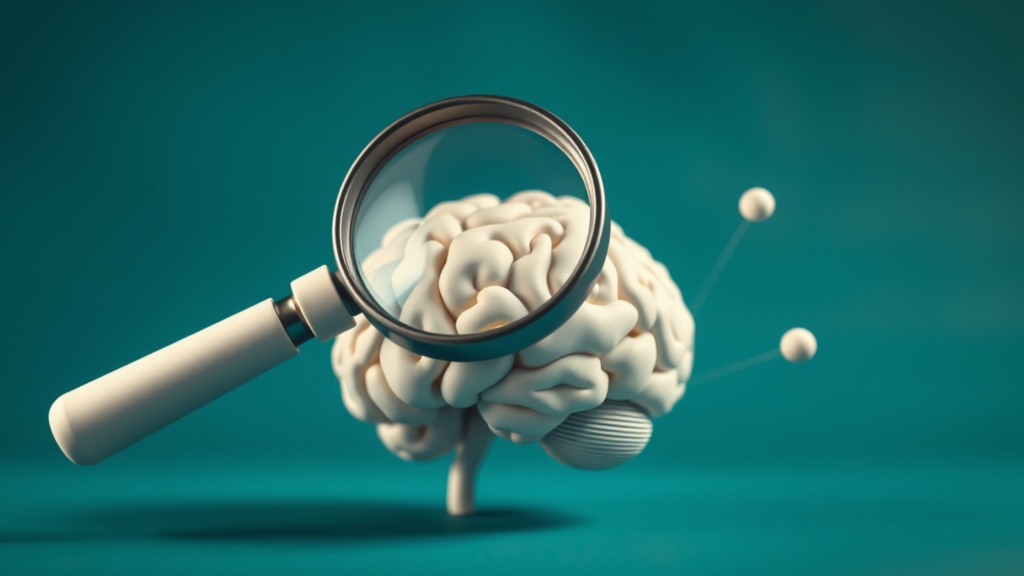
Preparing for AI-Driven Content Discovery: As generative AI becomes more sophisticated, optimizing content for these systems is essential to maintain visibility.
Best Practices for GEO:
- Content Structuring: Structure content in a way that’s easily understandable by AI, using clear headings and logical flow.
- Metadata Optimization: Enhance your content’s metadata with relevant keywords and structured data to help AI understand and categorize it effectively.
- Engaging AI-Friendly Content: Create content that answers questions directly and comprehensively to improve its appeal to AI systems.
Learn how to tailor your content strategy for the age of AI, ensuring that your brand remains prominent in AI-driven search environments by accessing the webinars.
The digital marketing landscape of 2025 offers exciting opportunities for those willing to embrace new technologies and strategies. From AI to ethical marketing and immersive experiences, the trends we’ve explored can help you craft a marketing strategy that is not only current but ahead of the curve.
As you adapt these insights into your efforts, remember that the key to success lies in understanding and responding to the needs and preferences of your audience, ensuring your marketing not only reaches but resonates.
Why Hiring a Digital Marketing Agency?
Navigating the world of digital marketing can be a complex and time-consuming task. With trends constantly evolving and technology advancing rapidly, it’s crucial to have a team that not only understands the current landscape but can also anticipate and adapt to future changes. This is where a digital marketing agency comes into play.
Expertise and Experience:
A digital marketing agency brings a wealth of knowledge and experience across various industries. They have the tools and skills necessary to create strategies that are specifically tailored to meet your business’s needs and objectives. This means they can efficiently execute campaigns, analyze the data, and adjust strategies to ensure the best possible outcomes.
Cost-Effective:
Hiring an agency can often be more cost-effective than maintaining an in-house team. Agencies provide a full team of experts and the latest technology without the overhead associated with hiring full-time employees. This arrangement allows you to focus your resources where they’re needed most.
Focus on Growth:
With a reliable agency handling your digital marketing, you can focus more on other critical aspects of your business. While they take care of driving traffic and improving engagement, you can concentrate on innovation and expanding your operations.
Why Saletancy?
At Saletancy, we understand the importance of creating a digital marketing strategy that’s as unique as your business. We pride ourselves on our ability to blend creativity with analytics to deliver marketing solutions that not only engage and excite but also drive real results.
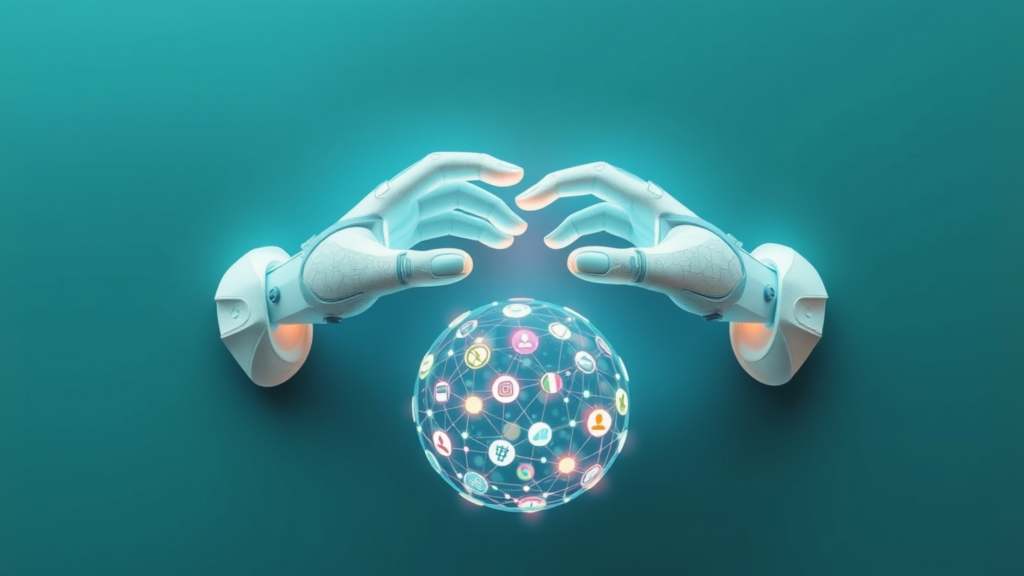
Visit us at Saletancy Digital Marketing to learn how we can help you achieve your marketing goals and propel your business forward. Let us be your partner in navigating the digital landscape of 2025 and beyond.
FAQs: 13 Must-Know Digital Marketing Trends for 2025
1. What is the future of digital marketing in 2025?
The future of digital marketing in 2025 is expected to be heavily influenced by advanced technologies such as AI-driven personalization, voice and visual search optimization, and increased integration of immersive technologies like augmented and virtual reality. These innovations will allow for more personalized, interactive, and precise marketing strategies.
2. How much is digital marketing expected to grow in 2025?
While specific growth figures can vary by source, digital marketing is expected to continue its robust growth trajectory into 2025. This growth is driven by increased online activity, advancements in technology, and shifting consumer preferences towards more digital experiences.
3. What is the future of digital marketing in the next 5 years?
Over the next five years, digital marketing is likely to see significant developments in areas such as artificial intelligence, machine learning, and automated marketing. Additionally, there will be a stronger focus on privacy and data protection, compelling marketers to adopt more secure and transparent practices.
4. What is the next big trend in digital marketing?
The next big trend in digital marketing is likely to be the increased use of AI for predictive analytics, which will allow marketers to anticipate consumer needs and behaviors more accurately. This will enable more targeted marketing efforts, optimized customer journeys, and improved return on investment (ROI).
5. What will digital marketing look like in 2030?
By 2030, digital marketing is expected to become even more integrated with technology, with a significant push towards virtual reality (VR) and augmented reality (AR) environments. These technologies will provide immersive experiences that are completely personalized, and AI will play an even larger role in content creation and customer interaction.
6. What will digital transformation be in 2025?
In 2025, digital transformation will involve the integration of digital technology into all areas of a business, fundamentally changing how businesses operate and deliver value to customers. It will include a strong emphasis on cloud computing, artificial intelligence, and enhanced digital security measures.
7. Which digital marketing is best for the future?
The best digital marketing strategies for the future are those that are adaptable and can incorporate new technologies and data insights. Strategies focusing on personalization, user engagement, and ethical data use are likely to be most effective.
8. What is SEO in digital marketing?
SEO, or Search Engine Optimization, is a fundamental component of digital marketing. It involves optimizing website content and structure to improve visibility and ranking on search engines like Google. This is done through keyword optimization, content quality, backlink building, and ensuring a good user experience.
9. What are the marketing technology trends in 2025?
The main marketing technology trends in 2025 are expected to include AI and automation for enhanced customer insights, voice and visual search advancements, real-time data processing, and personalized customer engagement through AR and VR.
10. What are the top 7 types of digital marketing?
The top types of digital marketing typically include:
- Search Engine Optimization (SEO)
- Pay-Per-Click Advertising (PPC)
- Social Media Marketing
- Content Marketing
- Email Marketing
- Mobile Marketing
- Affiliate Marketing
11. Can digital marketing be replaced by AI?
While AI can automate many aspects of digital marketing, it is unlikely to completely replace human marketers. The creative and strategic elements of marketing, such as understanding human emotions and brand positioning, still require a human touch.
12. Which digital marketing is the highest paid? Specializations in digital marketing that often command the highest salaries include digital advertising, content strategy, and SEO management. Expertise in emerging technologies, such as AI for digital marketing and data analytics, can also lead to higher compensation.